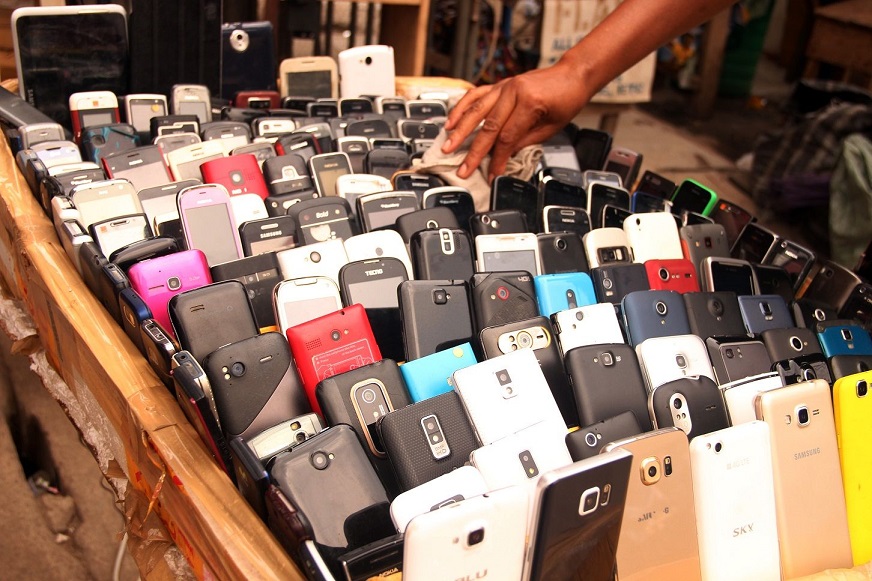Indonesians Collect Old Cell Phones to Help Students Get Online
Indonesia’s Ghina Ghaliya said a stranger visited her home, leading to a campaign to help students suffering from the coronavirus epidemic. Ghaliya remembers when a trashman came to her home in Jakarta, the capital of Indonesia. The man asked her if she had any old cell phones she could use to urge her children to use the internet online.
Ugly Calls are Okay
“He said he wasn’t ugly as long as his children could study at home.” “I’m sure there will be a lot of people who need mobile d’occasion,” he said.
Ghaliya works for national newspapers. Shortly after the plague hit Jakarta, she and 11 other journalists organized an event to provide food and money to those in need. They started to hear their parents’ voices. They want their kids to comment on the internet, but they lack information on how to use the internet.
When Ghaliya and her team decided to provide cell phones to poor students, they thought of meeting with a garbage collector. When the new school year begins in July, many children are not yet ready to face-to-face. The response was overwhelming when journalists announced their campaign through social media. Many of us donated used cell phones, others donated cash.
As of November, the reporter collected 200 mobile phones and donated $35,000. They bought more iphone 7 plus d’occasion pas cher in cash. They also bought the internet for those who need it. Currently, students in remote areas of Jakarta and surrounding areas (for example, Papua, the most eastern part of the country) receive nearly 300 calls.
Happiness During the Pandemic
Helping students participate in online education has brought happiness to Galia and her friends. “I want to use as many phones as possible during the pandemic,” she said. Khaissyah Levi would be a 16-year-old high school student in Depok, West Java. He is currently taking an online course this morning. His father, Deny Sayuti, always lends his son a cell phone to read. However, this means that Sayuti can only act as a motorcycle taxi driver for part of the day. Sayuti wrote a letter to Ghaliya’s group in August. A month later, his family received a cell phone. Sayuti believes his son can now do better through online learning. “Now I see him more comfortably. He can get in touch with friends and teachers directly.”
Shared phone is not working
Qayran Ruby Al Maghribi also uses his father’s cell phone every Wednesday to call the teacher to make videos and do homework. However, the eleven-year-old child had to postpone his homework until late at night because his father had to participate in another order urging him to go online again. For the first time in his life, Maghribi fell behind academically. He must also take care of his sick mother. This put him under pressure. But when he received Tim Galia’s phone, a big smile appeared on his face. Margaret said: “I use my mobile phone to go online every day.”
